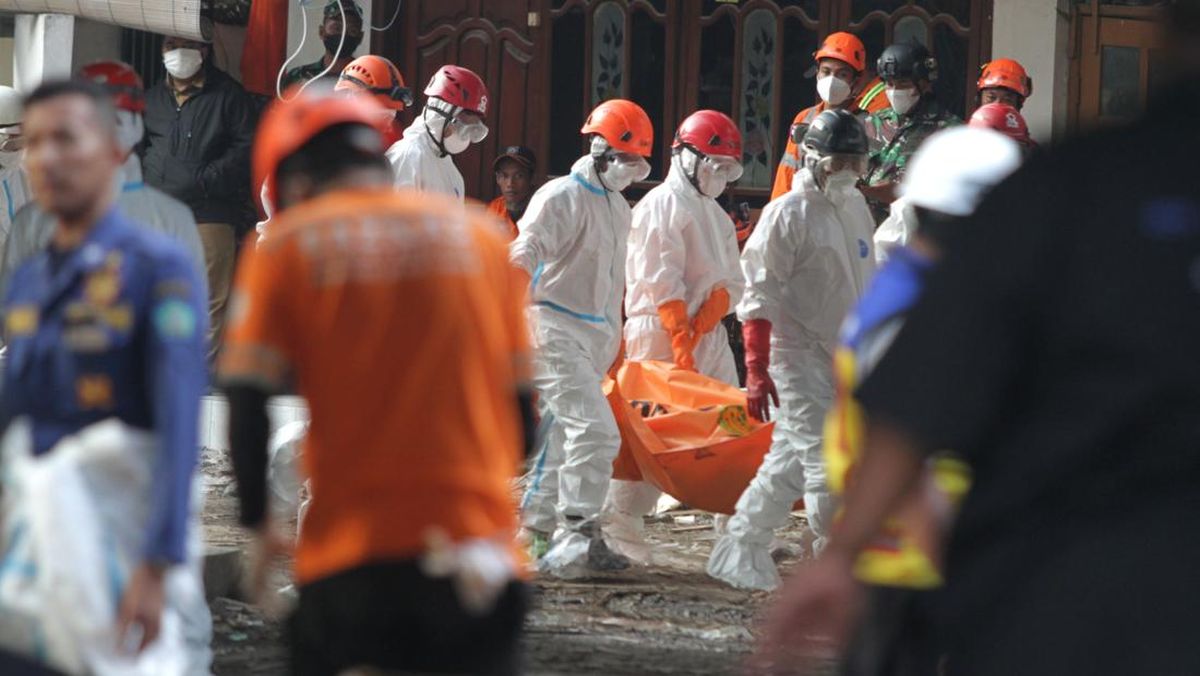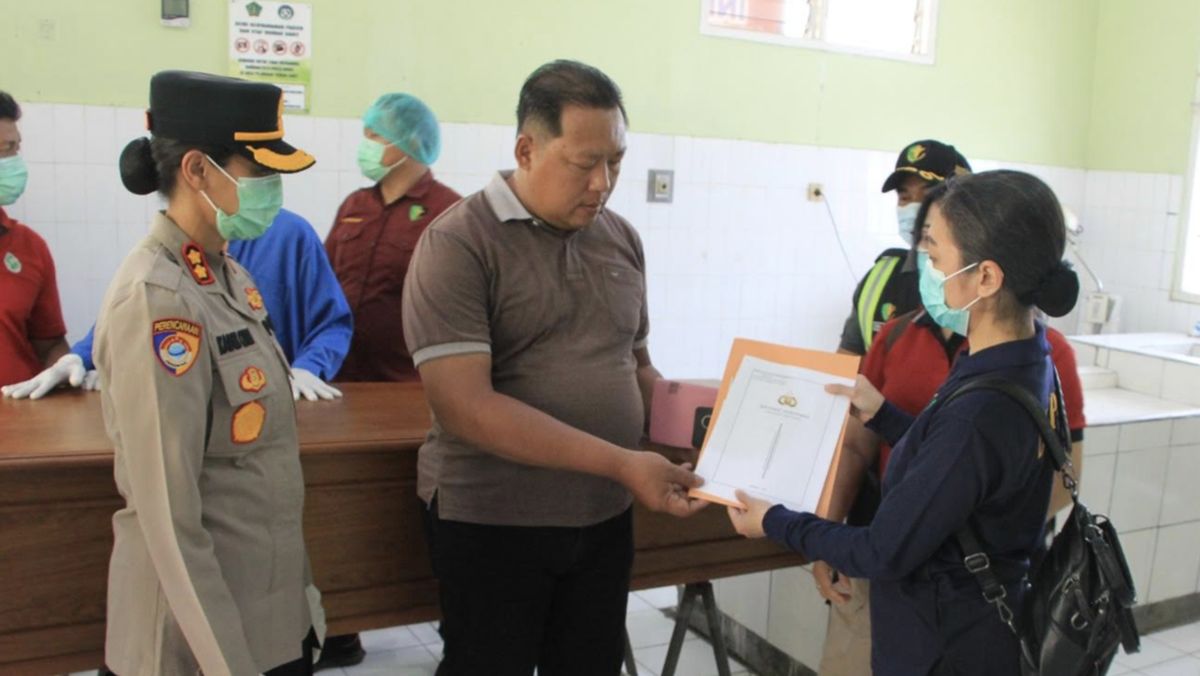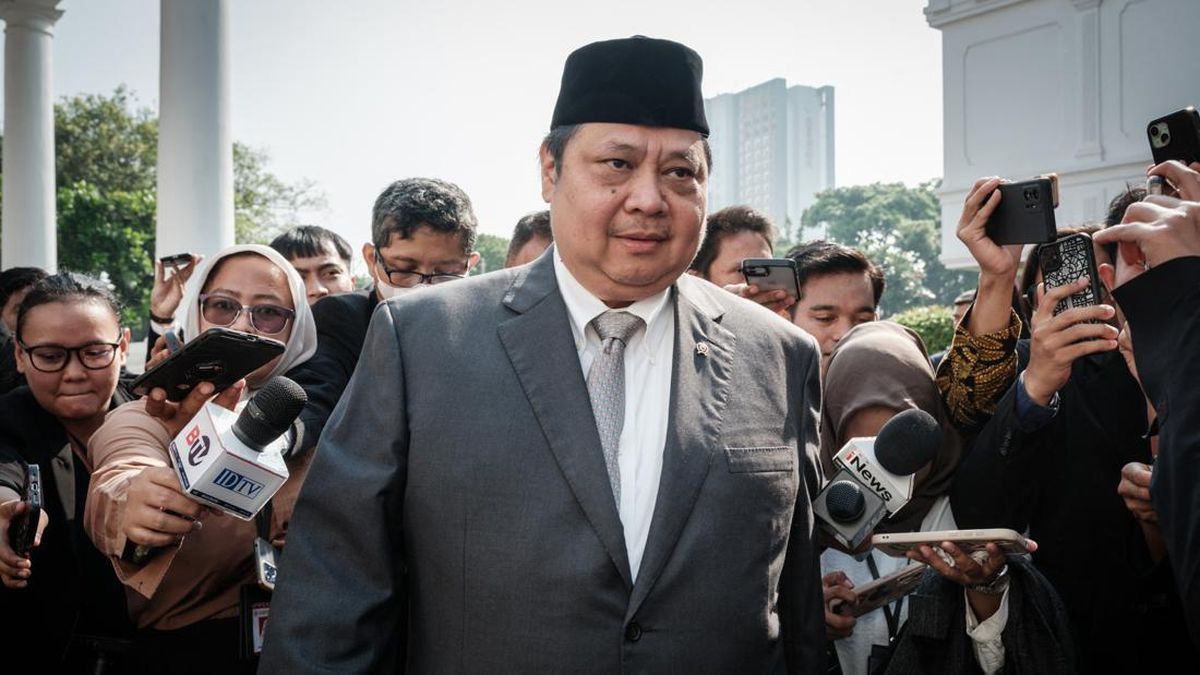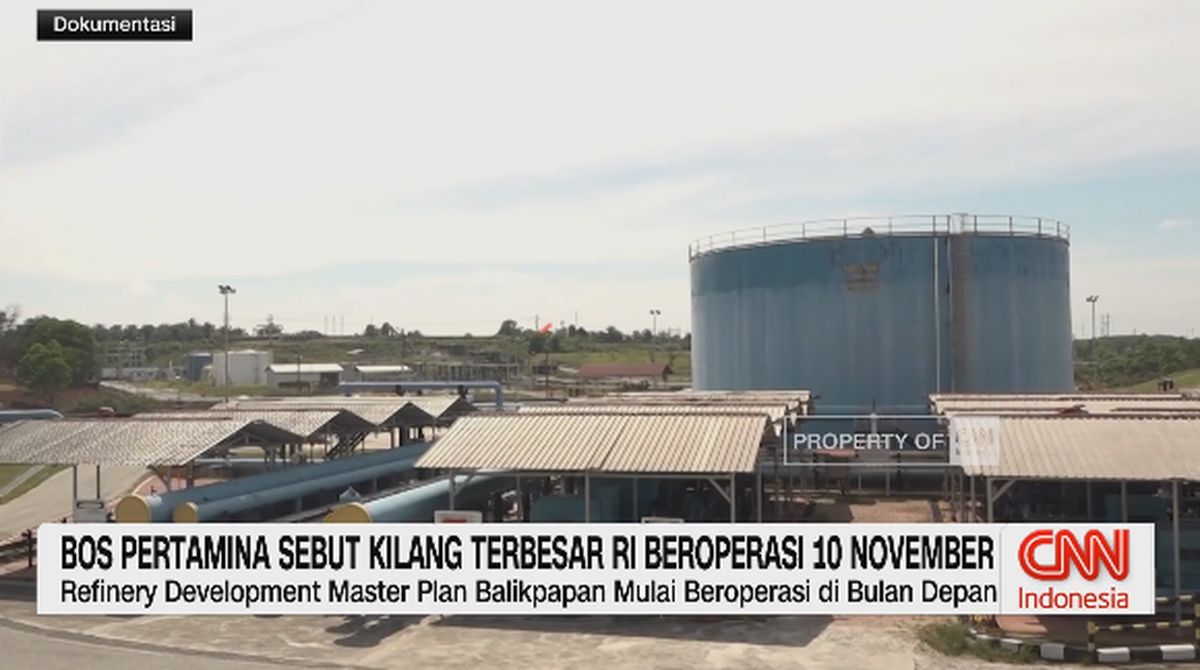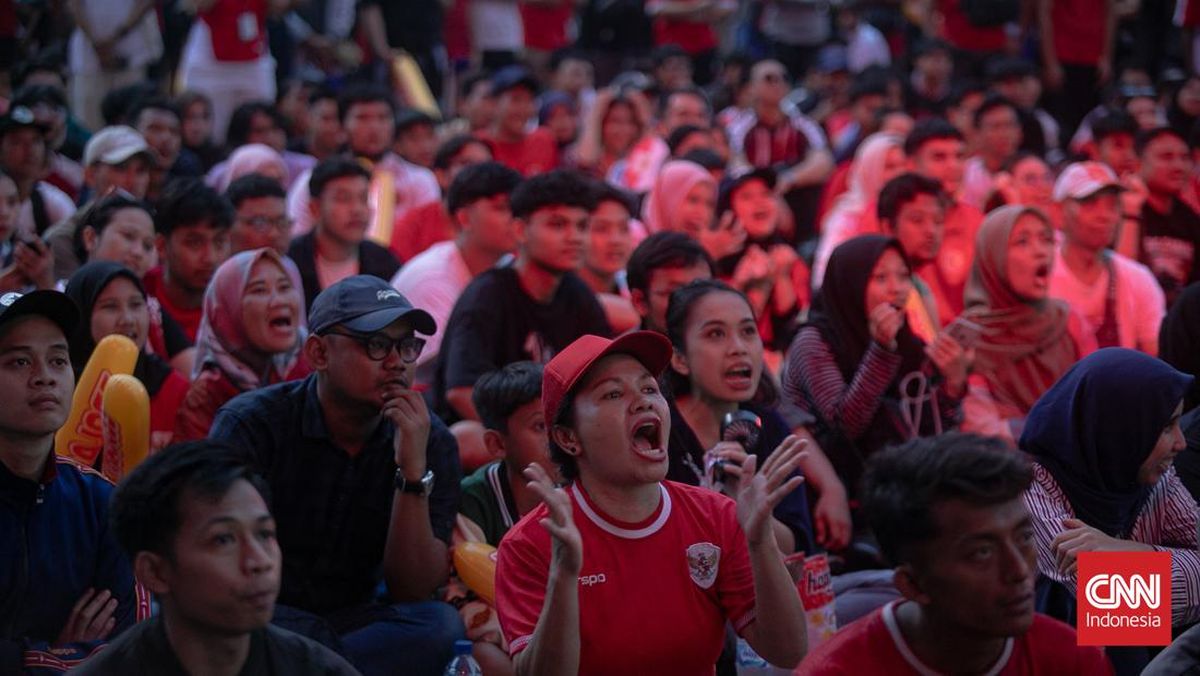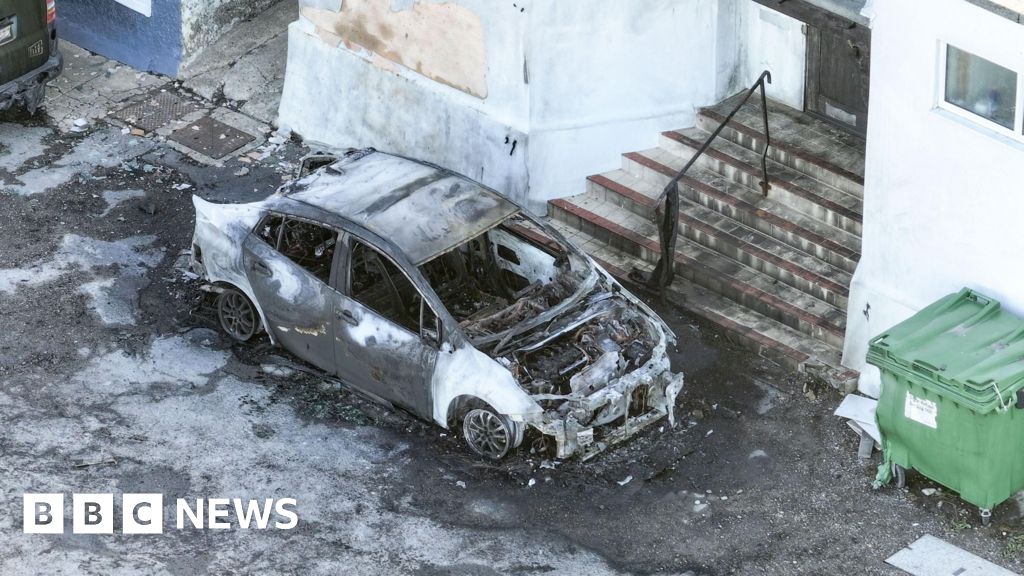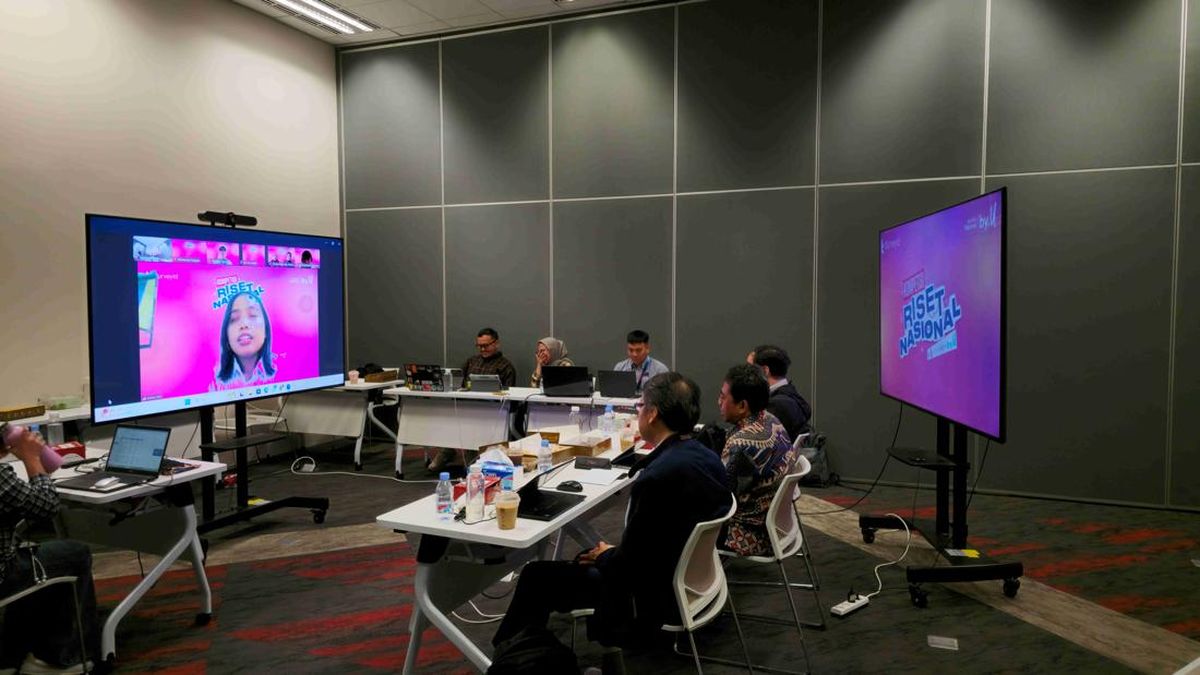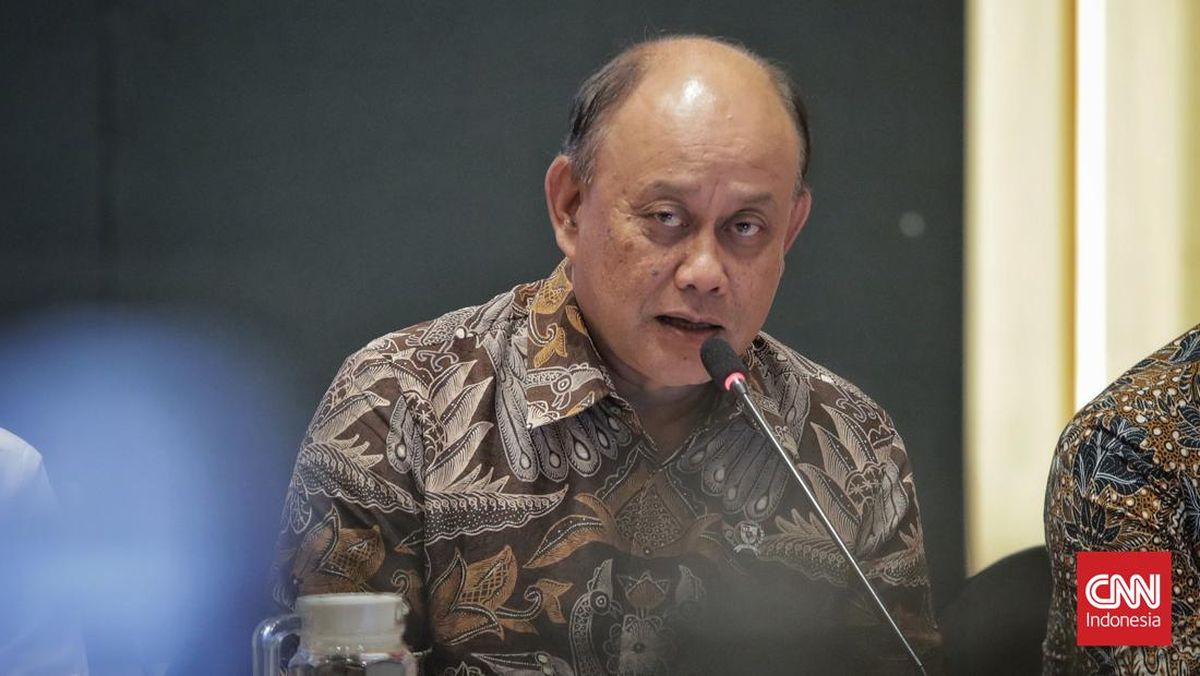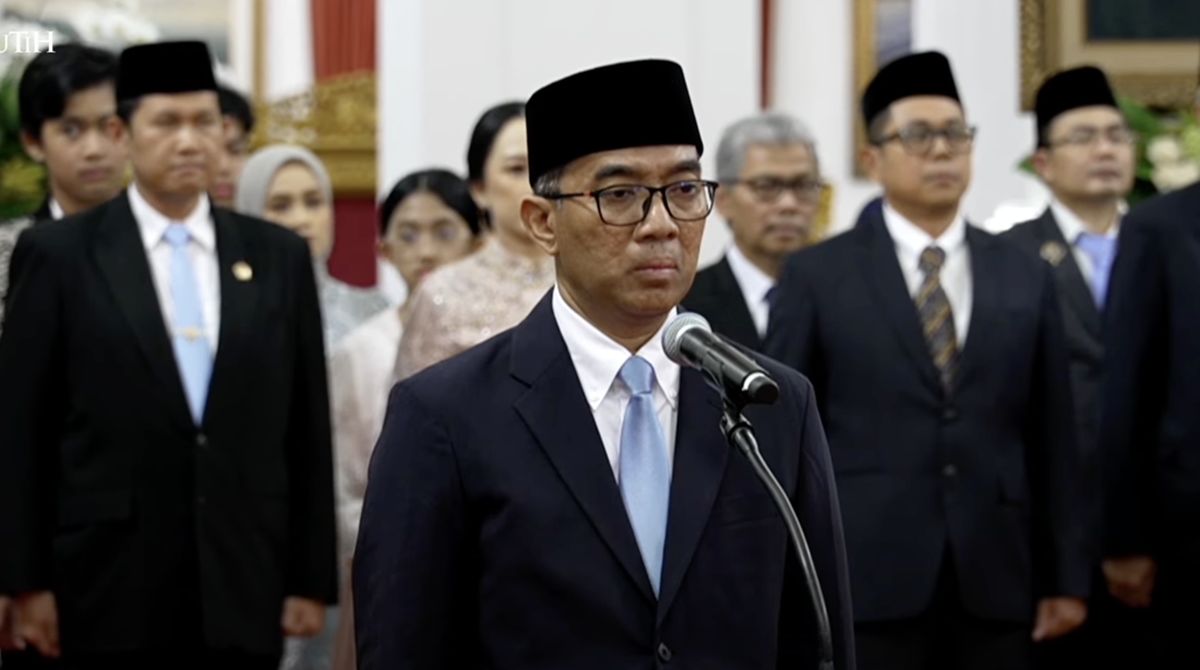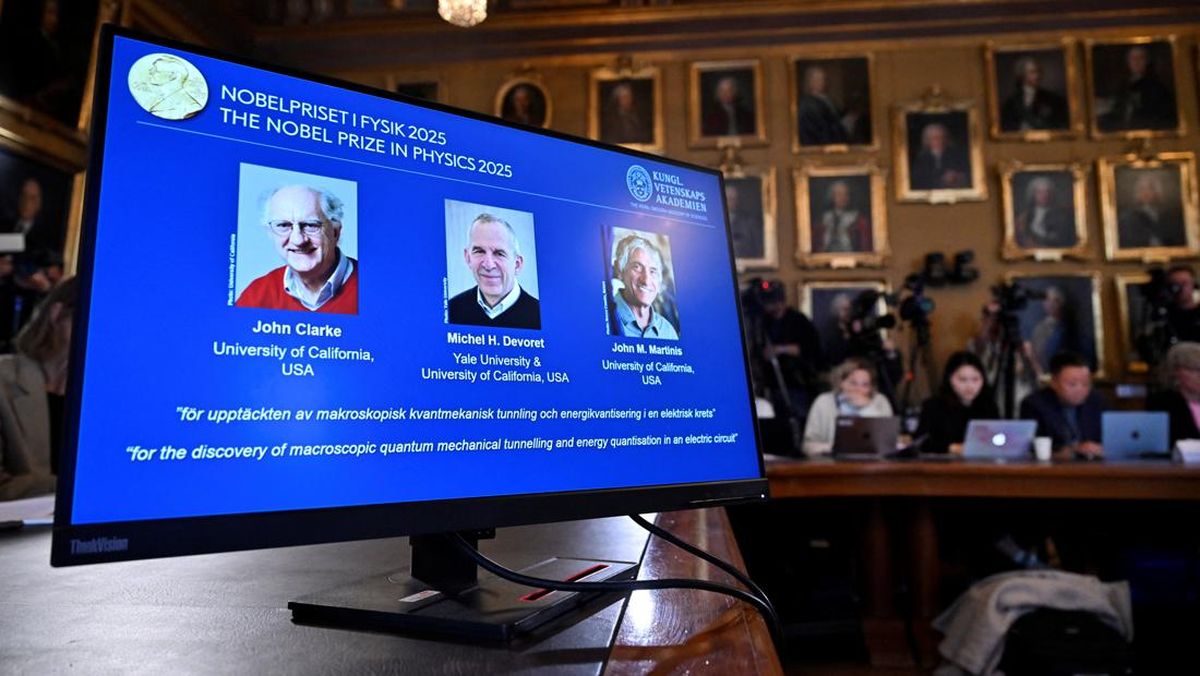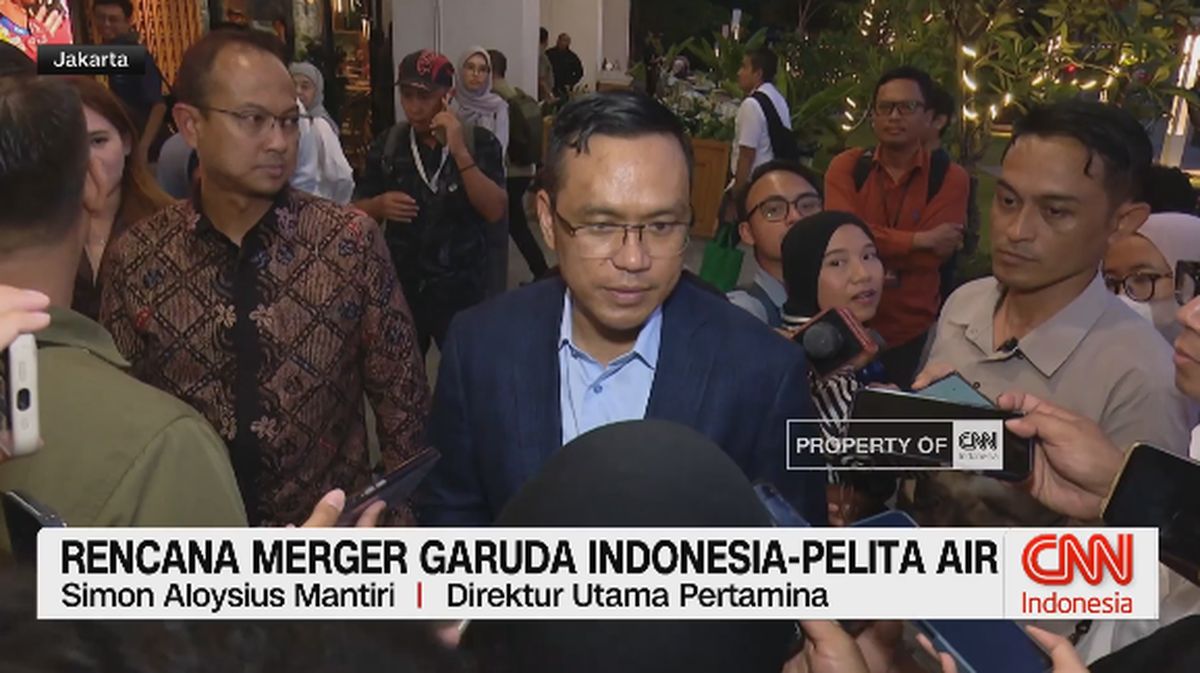SBS staff remain unable to use the word Palestine in news reporting despite federal recognition of the state last month as tensions over reporting on the conflict in Gaza remain high in newsrooms across the country two years after the October 7 massacre.
While some of those tensions have been momentarily alleviated after Australia became one of more than 150 nations to recognise the State of Palestine in New York last month, staff at the multicultural broadcaster say their organisation’s own response to meet the moment – or lack thereof – is stark.

SBS staffers say they are experiencing increasing levels of grief and moral injury caused by its hardline editorial approach to the conflict in Gaza.Credit: Gabriele Charotte
On September 22, the day after Prime Minister Anthony Albanese recognised Palestine in a statement, SBS staff were informed the term “Occupied Palestinian Territories” would be still used when referring to the Gaza Strip, West Bank and East Jerusalem, stopping short of an explanation of why its editorial policies would not align with government foreign policy.
Its journalists are permitted to qualify that Australia now recognises these areas as the State of Palestine, or that Australia and the majority of UN member states now recognise the State of Palestine, but are not to refer to it as that in editorial copy, or without qualification, according to an edict from Lanneke Hargreaves, SBS’ current affairs managing editor, seen by this masthead.
Loading
The term Palestine is permitted in specific contexts, such as a direct quote where a person self-identifies as being from Palestine, in official names such as the Palestine national football team or Palestine Olympic Committee, or in historical references to the area known as Palestine before 1948, it also said.
One staff member jokingly likened the use of the word Palestine to that of Lord Voldemort in the Harry Potter books as “the word that must not be named”. Other terms, such as genocide, are strictly but unofficially still not permitted in most circumstances, except in direct quotes, multiple staff members said.
By contrast, three days after the Albanese government’s recognition of Palestine, the ABC updated its own policies permitting ABC reporting use Palestine when referring to its geography, history, community and the intended state encompassing the Occupied Palestinian Territories, editorial director Gavin Fang said in an email reported by this masthead last week.

Prime Minister Anthony Albanese and Foreign Minister Penny Wong at a press conference in New York on Australia formally recognising the State of Palestine.Credit: Dominic Lorrimer
SBS staffers say there are increasing levels of grief and moral injury in the broadcaster caused by its continued hardline editorial approach to the ongoing conflict in Gaza. They spoke anonymously due to concerns over any disciplinary consequences that might stem from speaking out publicly.
Those who spoke to The Sydney Morning Herald and The Age said they were hesitant to speak at all due to a fear of retribution after significant internal backlash when staff spoke to Crikey in 2024 over concerns the newsroom was losing its multicultural staff.
Loading
In response to a series of questions, an SBS spokesperson said the broadcaster takes a considered approach to language in all its content, especially in relation to matters that are contested, in this instance in reference to Palestinian statehood.
“We take a range of factors into account and in particular include context wherever possible, which is how we are approaching references to Australia’s recognition of the Palestinian State,” the spokesperson said.
While the broadcaster has a general news and current affairs division, it also houses SBS Radio, home to more than 60 different language services, including both Arabic and Hebrew news services. It employs a number of both Muslim and Jewish staff.
But staff said SBS has failed to explain why it refused to bring its editorial output and guidelines in line with the government’s updated foreign policy position, which they say has added to a growing culture of censorship within its newsroom and pushback to any questioning of management.
How widespread this feeling is across the newsroom is difficult to gauge due to the inability to speak out, some said.
Two years on from the October 7 attack that unleashed the war in Gaza, the conflict continues to divide newsrooms, with policies and reporting on both Israel and Palestine facing heightened scrutiny, despite a potential peace deal in the works, brokered by US President Donald Trump.
Loading
In November 2023, just one month after October 7, ABC staff criticised the broadcaster’s coverage of the conflict in an open staff forum, citing the inability to use terms such as genocide, apartheid and occupation.
Weeks later, journalists from newsrooms including The Age, The Sydney Morning Herald, ABC and Guardian Australia, among others signed an open letter calling for greater scrutiny in the reporting of the conflict.
There were differing levels of action taken against signatories, with journalists who had signed the letter at this masthead temporarily taken off stories relating to the conflict, while other newsrooms urged journalists not to sign any open letters.
Last month, the ABC’s Fang told staff there was no longer any need to correct interviewees who refer to Palestine or otherwise qualify the word when used by people in ABC coverage.
SBS is searching for a new managing director after James Taylor joined outdoor media company oOh!media. It is also without a permanent chair, while the government is advertising for a replacement for George Savvides, who left in July.
Most Viewed in Business
Loading

